We Have Solutions! – Episode 40: Apps and Hardware for Stress Reduction and Productivity
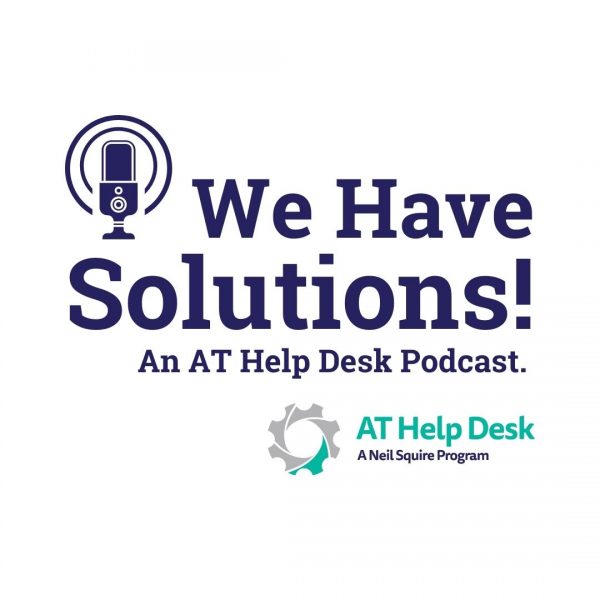
On the latest episode of our AT Help Desk podcast, “We Have Solutions,” Seaver and Nakia explore a variety of stress reduction and productivity apps including Blitzit, Otter.ai, and Huxe.
Neil Squire Solutions, Makers Making Change, Place Aux Compétences, and École Anna-Malenfant Collaborate to Design Custom Assistive Technology for a Client
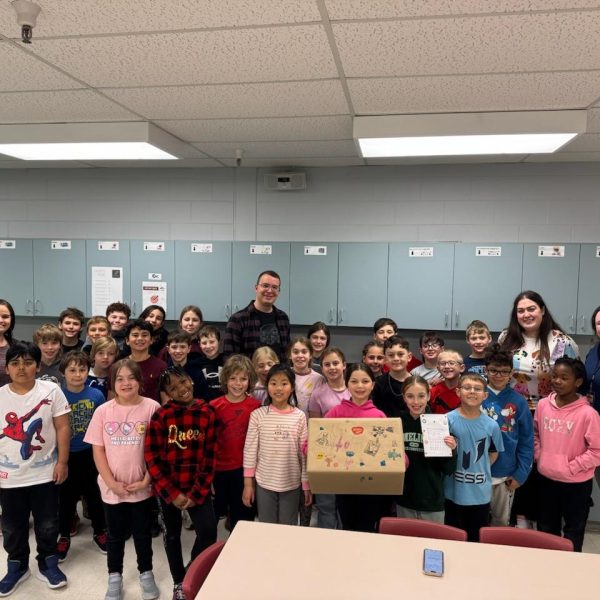
English Version — la version française suit
A successful collaboration between Place aux compétences, École Anna-Malenfant, and Neil Squire‘s Makers Making Change and Solutions programs resulted in the creation of a simple yet effective 3D-printed adaptation for a Neil Squire client preparing to return to work with pain and limited left arm mobility.
Prairie Regional Office Donates Solutions for Schools Kits to Yellowknife Schools
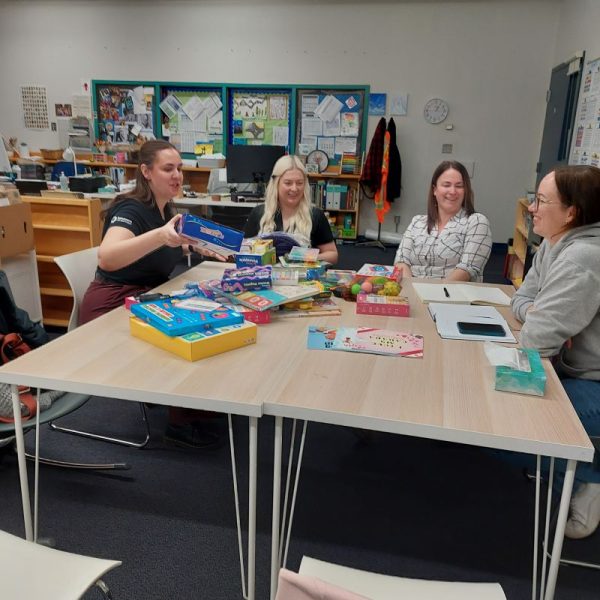
In October, our Prairie Regional Office donated Solutions for School assistive technology kits to six schools in Yellowknife Education District #1. Each kit contains upwards of $1,200 worth of assistive technology, allowing students to access and trial a wide variety of low- and high-tech solutions.
Capilano University Rehabilitation Assistant Program Students Visit Our Solutions Lab
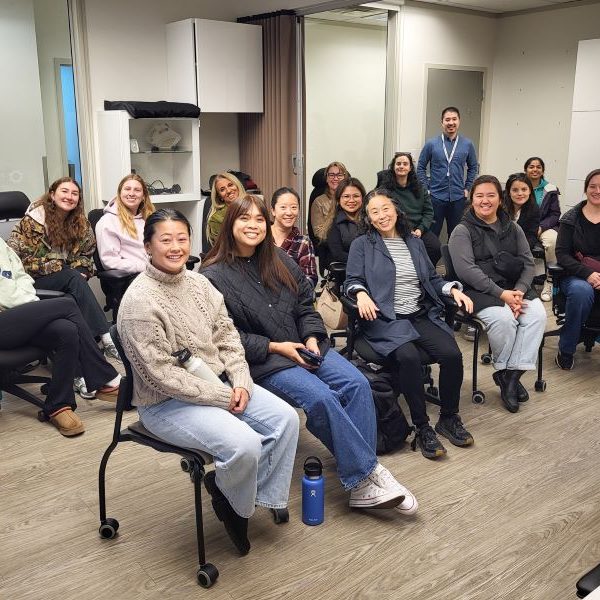
Today, our Solutions team is hosting students from Capilano University‘s Rehabilitation Assistant Program for a visit to our Burnaby Head Office and Solutions Lab.
We Have Solutions! – Episode 38: Miro App, Mac Accessibility Updates, and Brain Computer Interfaces

In this episode, we talk about the highly accessible Miro app, Mac accessibility updates, and finally, we explore the possibilities of assistive technology bolstered by brain-computer interfaces, including Neuralink’s recent milestone, where a patient was able to draw an image using only their brain.
We Have Solutions! – Episode 37: Notebook LM, Mac Accessibility, and the Future of AI

On our latest episode of “We Have Solutions,” Seaver Stafford is joined once again by Nakia Singh, and they talk Mac accessibility, do a quick review of Notebook LM, and chat a bit about the future of AI.
We Have Solutions! – Episode 36: Steven Vine – Host of the Disabilities Diaries Podcast

Today we are joined by Steven Vine, host of The Disabilities Diaries Podcast.
Nine years ago Steven had an aneurysm that completely changed the trajectory of his life. He has had an incredible health journey so far, and his story is absolutely inspiring. It was such a pleasure to talk with him and learn more about the strategies he uses to stay mentally healthy and connected to the world around him.
May is Speech & Hearing Month!
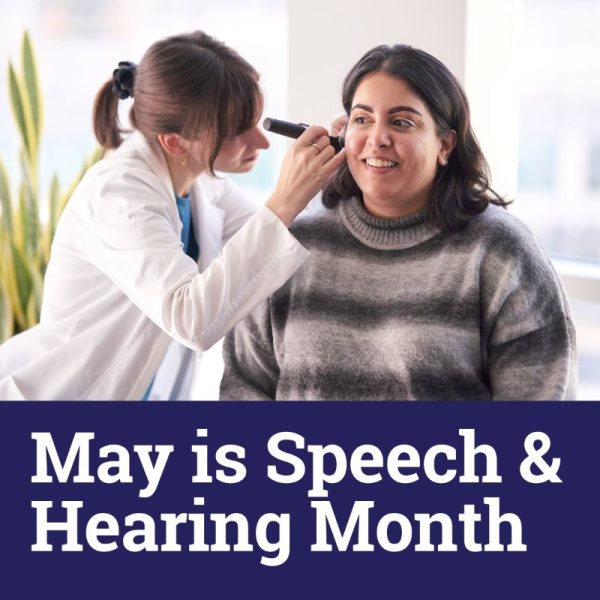
May is Speech & Hearing Month in Canada. It’s a time to shine a spotlight on communication health and the life-changing work of Speech-Language Pathologists and audiologists.
Many of us take communication for granted, but speaking, hearing, and being understood are essential to daily life. For those with communication challenges, even simple interactions can be difficult — impacting work, education, relationships, and overall well-being.
We Have Solutions! – Episode 34: From Teacher to Inventor – The BrailleDoodle Device with Daniel Lubiner

Today we are joined by Daniel Lubiner, a 25-year veteran teacher of students with disabilities, and the inventor of the Braille Doodle device, a low-cost braille-based learning device designed to teach literacy, math, science, and art. Join us as we follow Daniel on his fascinating journey from teacher to inventor. You can learn more about his work at The TouchPad Pro Foundation.
Giving Back: Margot Donates Her CCD Voyager E-Reader to Paul
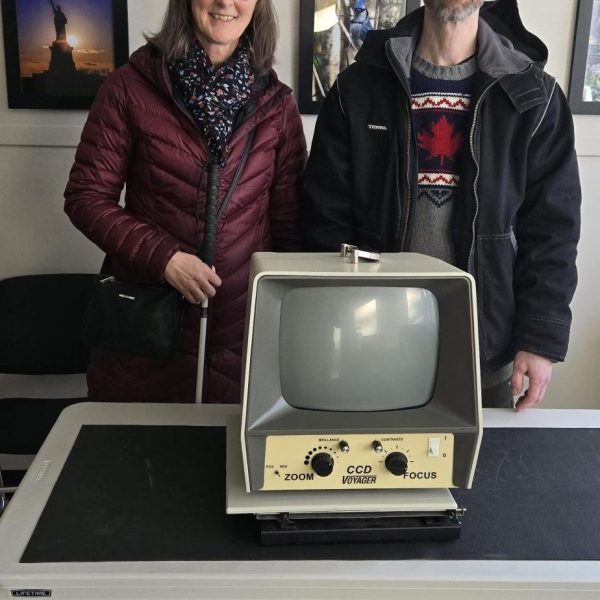
We were delighted recently when Margot, a former Neil Squire participant, generously donated her CCD Voyager e-reader.
Margot no longer used the device due to a significant decline in her vision, but hoping it could find a second life and benefit someone with similar needs, she donated it to Neil Squire.



